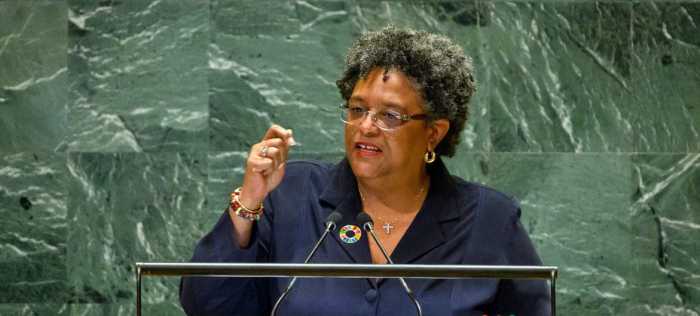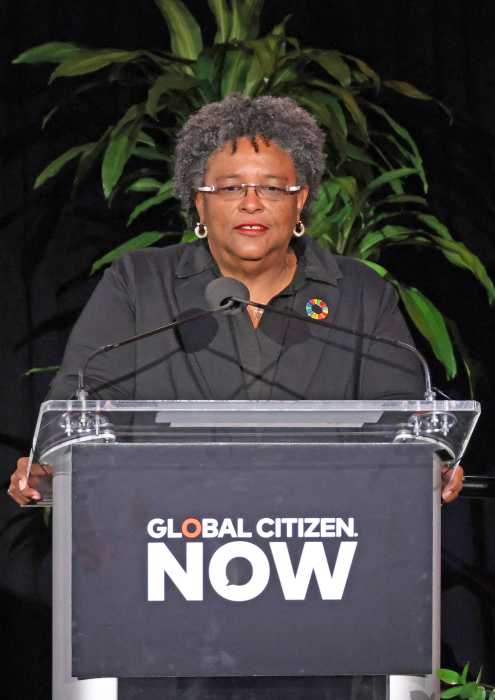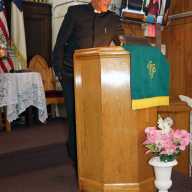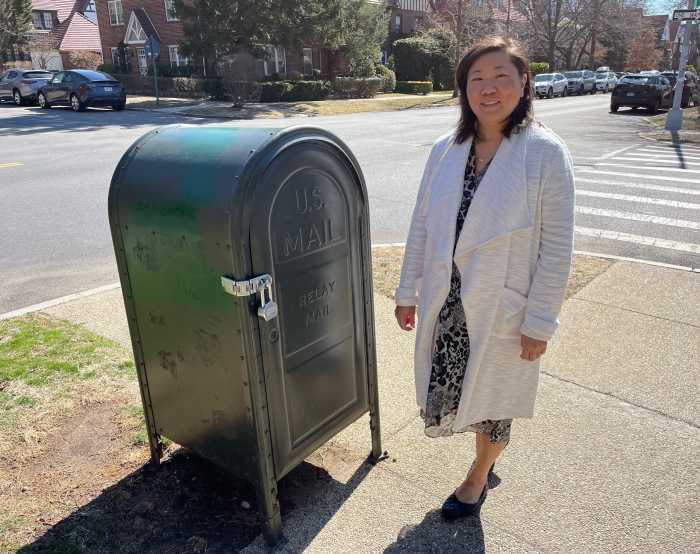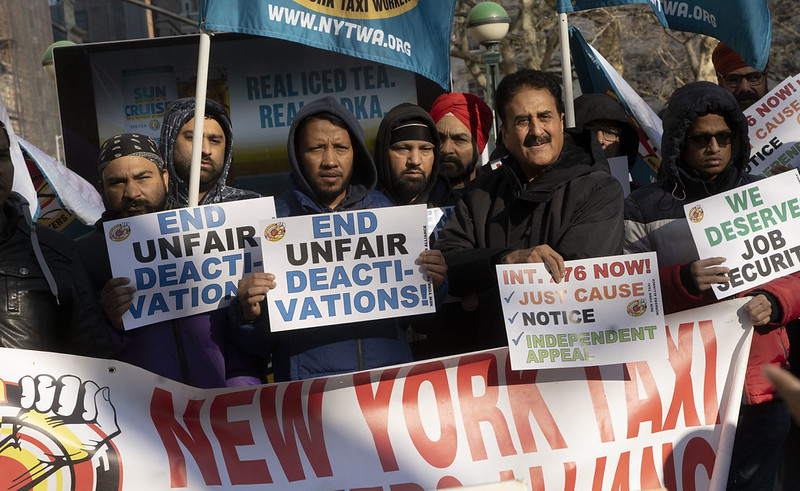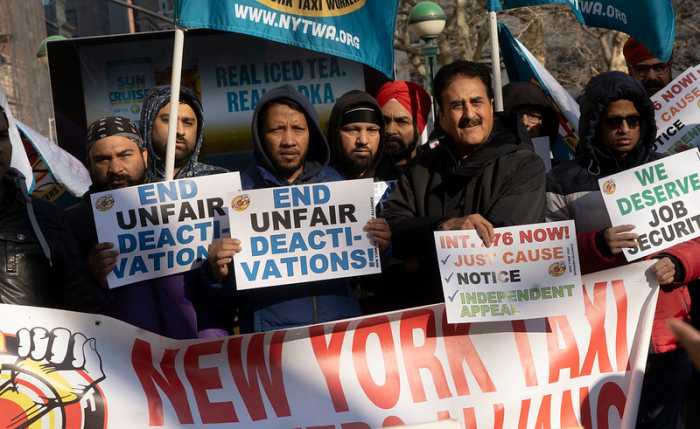As International Anti-Corruption Day, Dec. 9, draws closer calls are getting louder for Barbados to convert into law the Prevention of Corruption Act that has passed through all procedural changes since 2012 but awaits proclamation.
While jurists, opposition politicians and anti-corruption activists have been raising their voice for the legislation to be brought into force, the only response received from the current government that introduced the Act as a bill to Parliament was a reference to a near 70-year-old law which Prime Minister Freundel Stuart said was sufficient to fight corruption on the island.
“In 1929 a bill was passed in Parliament which is still the law of the land, entitled Prevention of Corruption Act. So it is not true to say that this is not on the statute books,” Stuart has said in response to calls to proclaim into law the 2012 version.
Among the rebuttals the prime minister’s reference to a law that existed long before independence for this island was on the cards, and the ensuing developments that brought it to the status of a modern developing country, was one from senior auditor Andrew Brathwaite.
“That Act is all of six pages, including the cover page, and a blank first page,” said the audit partner of international financial management firm KPMG as he pointed out the simplicity of the 1929 Act touted by Stuart.
Barbados’ 2012 Act is based on model legislation under the UN Convention Against Corruption of 2003 that came into force in 2005.
Brathwaite pointed out that, “Barbados signed it since December 2003, but has not yet ratified it. And the way that we will ratify it is when the 2012 Act is proclaimed, because the Convention is a Schedule to that Act. So the proclamation of the 2012 Act will bring the convention into force in Barbados.”
Brathwaite noted that the Barbados 2012 Act covers corruption preventative measures, which include declaration of assets.
“It is felt that it is more effective to try and prevent corruption before it occurs, than to try and detect it after the fact and prosecute it… that has caused a bit of consternation in Barbados, and elsewhere .”
Another call to action on the 2012 Act came from member of the non-governmental organization, Integrity Group Barbados, Alicia Archer, who said that proclamation on Dec. 9 would be opportune.
“We are calling on the government of Barbados to have the Prevention of Corruption Act that they passed proclaimed by the governor general on that day. The significance should be apparent,” she said.
Archer, an attorney-at-law, described the fact that government has kept the act off the law statute books as ‘quite curious’, explaining that Barbados is signatory to several international conventions, such as the Inter-American Convention Against Corruption and the UN Convention.
She also observed that the Barbados 2012 Act, “specifically indentifies implementation of those treaties as the objects and reasons of the Act”.
Archer said that despite government successfully passing the act through both houses and committees of Parliament, “we are lacking the political will to bring the thing to its natural conclusion.”


